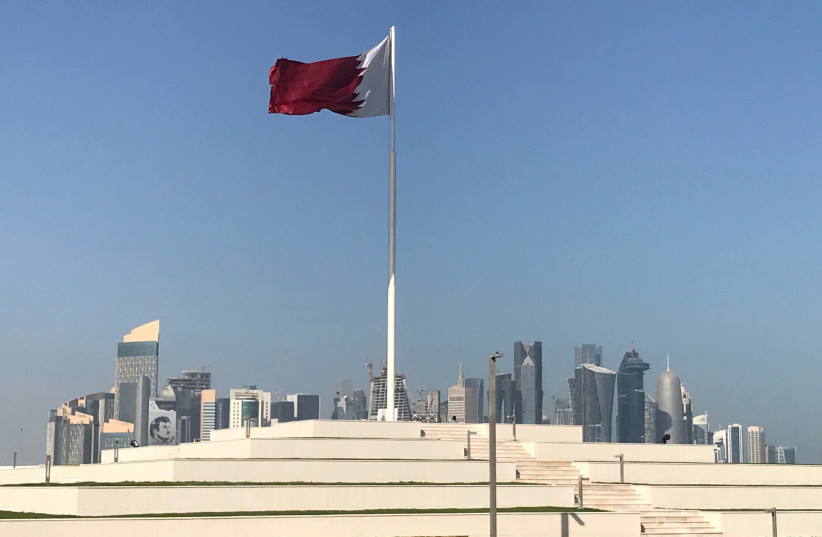Iran’s president intends to travel to Qatar in the coming days to deepen relations, the Iranian Fars News media agency said over the weekend.
One of the issues that may be on the agenda is the desire of the countries to expand cooperation on a variety of levels.
Over the years, the countries have talked about how to use surplus electricity from Qatar by swapping with countries such as Pakistan or Afghanistan and connecting Iran and Qatar electric grids undersea. This was reported back in 2020 and 2021.
What is known is that Iranian President Ebrahim Raisi will visit Qatar on Monday alongside a high-ranking delegation, according to Iranian media, Turkish media said.
“The visit comes at the official invitation of Qatar’s Emir Sheikh Tamim bin Hamad Al Thani,” state news agency IRNA reported. During the visit, the Iranian leader will witness the signing of several agreements and memoranda of understanding between Tehran and Doha. The meetings will include talks with Iranians who live in Qatar and also businesspeople.

“During his visit, Raisi will also attend a three-day summit of the Gas Exporting Countries Forum set to start Sunday in Qatar,” the Turkish report said.
Fars says “the connection of Iran-Qatar power grid in order to improve the reliability of the power grid of the two countries is an issue that has been on the agenda since last year.” There are many other issues the countries may discuss as well.
There will be representatives of various sectors, such as sport, energy and culture. “In this regard, one of the most important instructions discussed in this meeting was dedicated to the issue of connecting the electricity network of the two countries using the sea transmission line,” Fars says.
What are the benefits of such a connection?
Iran says that its electric grid is an important hub of electricity in the region and this can make Iran a major player in electricity supply. “In addition to the deep importance of foreign policy and energy security, Iran has become a hub for electricity generation and distribution in the region.”
However, Iran needs to invest in infrastructure to be an electricity hub. “Countries in the region have taken many steps to replace Iran,” Fars says. “For example, the German company Siemens, in the form of a contract, aims to make Afghanistan a hub for electricity distribution in the Central Asian region.”
It’s not clear with the Taliban takeover how this would work for Afghanistan. However, Qatar has hosted and backed the Taliban, so this could be part of the Qatar regional agenda.
Qatar partnered with Iran and the Taliban to swoop into Afghanistan after the US left and profit off the change in power there while signing deals with Iran to cement this new concept.
Germany, perhaps on the sidelines, could work with all three countries because Germany has long wanted more partnerships with Iran.
“The first step is to take the country to become the electricity hub of the region,” says Fars News about Iran. “In such circumstances, the news of the connection of the electricity network between Iran and Qatar using the offshore transmission line is considered the first step to return to the path of Iran becoming the energy hub of the region and use all the above benefits.”
The article names Mohammad Ali Farahnakian as a key person involved in this as an adviser to the Iranian energy minister. He was previously a deputy energy minister. He says that “a joint Iran-Qatar commission should be established in Qatar.”
It is believed that Raisi’s new government wants to invest in infrastructure, technology and issues such as electricity and space. That means more connections with energy issues in Central Asia and a general shift to the east in terms of Iran’s policy. Iran is slow-playing the nuclear discussions in Vienna as it conducts the real foreign policy it cares about with Qatar and others.
